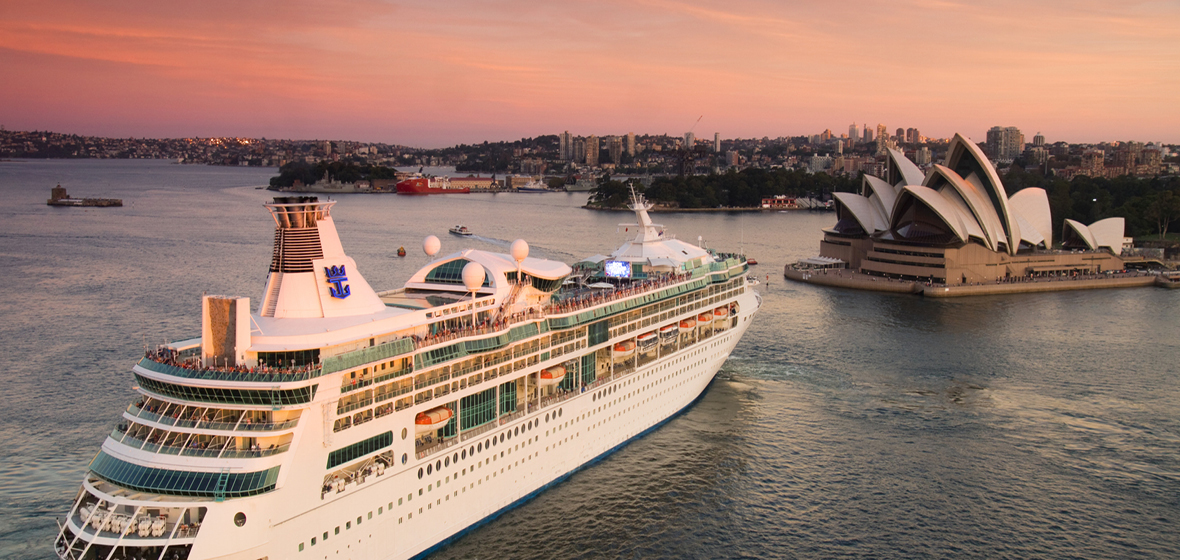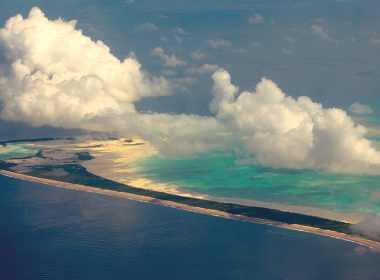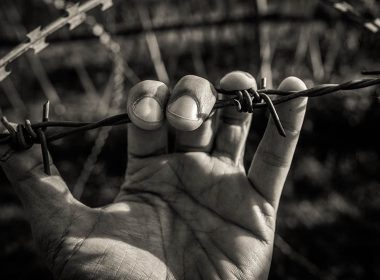Snapshot
- The cruising industry has found itself at the centre of the global COVID-19 pandemic, with tens of thousands of passengers and crew left in international limbo.
- While the existing rules of international law may not have been designed to deal with the extreme, urgent, unexpected and universal characteristics of the pandemic, they still provide an essential framework for the resolution of these disputes.
- This article investigates the tension between States rights and the humanitarian needs of the passengers and crews.
Centuries ago, the international movement of plague and sickness led to the development of rules of quarantine. In the 14th Century, the practice of quarantine developed in Croatia, and then Italy. History records that the Master of a vessel arriving in Venice during this period was required to make a declaration through a window to a health magistrate, and if plague was suspected, the vessel and its crew and any passengers were required to lie at anchor for 40 days (quaranta giorni). In more recent history, countries including Australia and the United States of America maintained quarantine stations for arriving passengers. Quarantine has been used as a blunt instrument to meet challenges of disease including outbreaks of yellow fever, smallpox, cholera, Spanish flu and the SARS virus.
Around the world, cruise ships are in international limbo
The Covid-19 pandemic has brought issues of quarantine and sea transport to the fore. Globally, the sight of large cruise ships wallowing offshore, unable to land their crews (and in some cases passengers) despite ever-increasing numbers of sick individuals on board, has been a distressing and difficult sight. It seems clear that the contagious nature of Covid-19 has allowed transmission within cruise ship populations at a high level, with the Diamond Princess off Japan, being the first obvious example, resulting in a number of deaths. Protracted situations occurred around the world. The Zaandam with many sick, and some dead passengers, was stranded for some days off South American states before first rendezvousing with her sister ship the Rotterdam, before finally finding refuge in Florida. The Artania reached port in Fremantle in Western Australia and the majority of the passengers were transferred by air to Germany on 28 March 2020. Approximately 50 passengers were hospitalised on shore, and one subsequently died. The ship remained in port after being directed to leave despite having a number of very ill passengers still on board.
The world has been faced with the unedifying sight of many tens of thousands of cruise ship passengers and crew in a state of international limbo, unable to land, and in some cases being denied prompt access to ports for purposes of refuelling and reprovisioning, or even the provision of appropriate medical treatment for individuals on board.
The treatment of these vessels, and the people on board, is subject to established rules of international law. Those rules apply both to coastal states, and to the vessels concerned. Compliance with those rules by coastal states, and possibly in some cases by the masters of the vessels involved, has been stretched by the urgent and unexpected nature of the crisis, the speed and global reach of the virus, and by the extent to which the Covid-19 virus is now known to create serious or lethal illness. The fact that the virus is particularly lethal to older population groups, who are over-represented in the demographic of many cruise ships, adds to the pressing need for states to meet their humanitarian obligations to those on board.
Distress, innocent passage and safe havens: what can we learn from international maritime conventions?
Australia, like the majority of states, is a party to the United Nations Convention on the Law of the Sea 1982 (‘UNCLOS’). Article 2 of UNCLOS provides that a state exercises full sovereignty over its internal waters and the territorial sea (to a limit of 12 nautical miles). Similarly, customary international law does not require a coastal state to permit unconditional entry to its ports (A.V. Lowe, ‘The Right of Entry into Maritime Ports in International Law’, 14 San Diego Law Review 597 (1977)). On 16 March 2020, the Australian Government publicised a ban on all cruise ships from entering Australian waters other than those already in Australian waters, or en route to Australian waters at that time.




